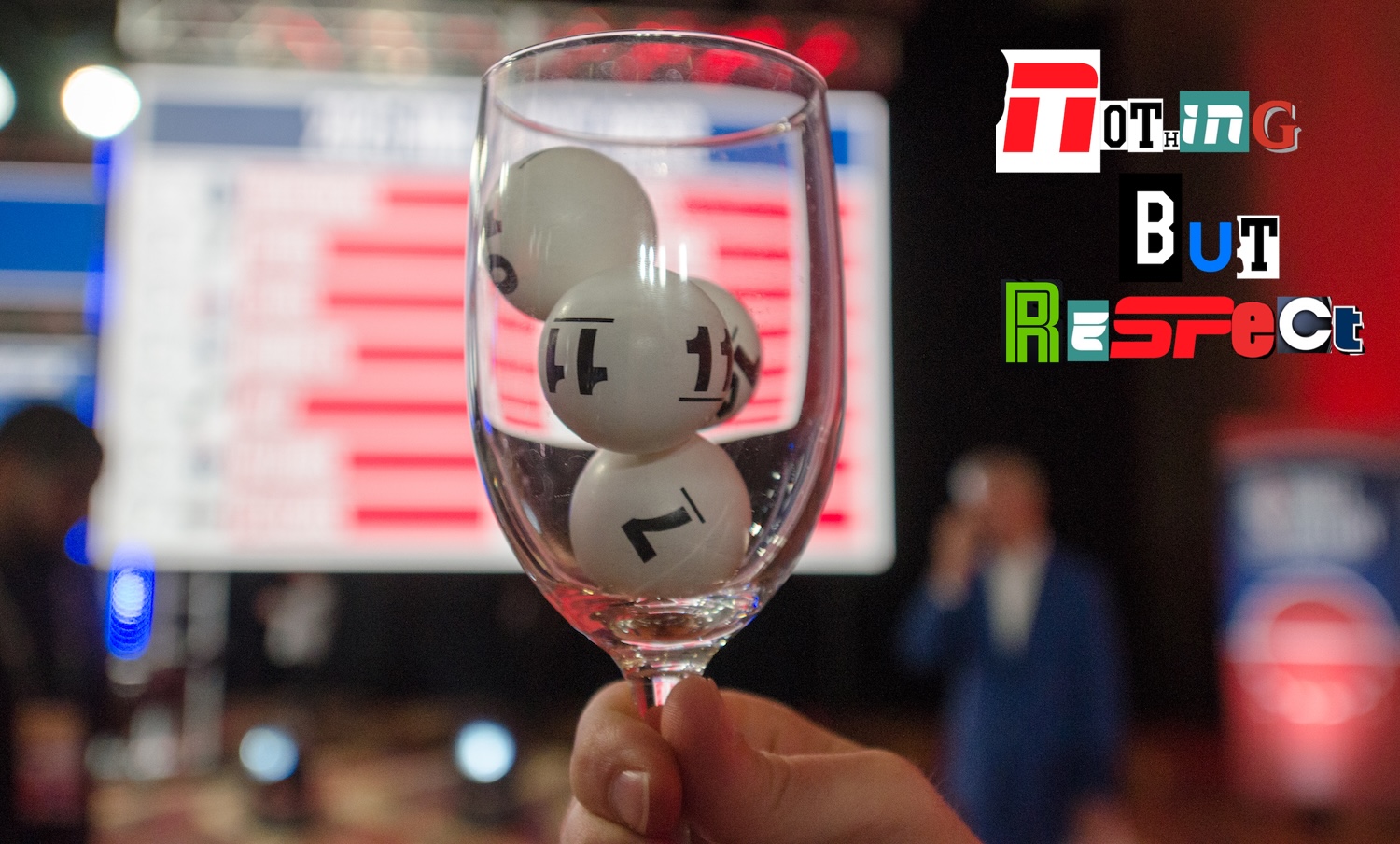There are some things you can learn about fascism before you actually learn them during fascism, and there are others that you can only learn through experience. The fundamental instability of fascist political formations is one of those. The stupid and scattershot brutality of every moment, the relentless and obvious lying and the variously shameful ways in which institutions quail or qualify or quit in the face of it, the regular paroxysms of political violence and self-harm, the freakish and orgiastic backstabbing and self-dealing and perversity of a depraved new ruling class—all of this is real, but day by day they are experienced less as identifiable attributes of fascism and more as the dumb daily fact of it.
Both in the literature and in the moment, that stupid and strident chaos is the natural result of the scammers and degenerates and opportunists that populate those regimes doing the things they do, and of the desperate and deluded political moments and populaces that tend to produce fascism, and of the self-annihilating grandiosity of the gold-plated godheads that squat atop it all, trying to freeze that churn into permanence through the application of state violence and sheer idiot will. It is all jarring and idiotic and miserable, and as it fails around you there really isn't much comfort in the knowledge that it Actually Doesn't Work. In the long run, it absolutely doesn't, but the people in charge do not believe in the long run; the work of their project is to freeze the present in place, and to defy whatever reckoning tomorrow might bring. Everyone else is trapped in that unending day with them, a place where bad things are always happening but nothing ever resolves. Reading about fascism will tell you about how it begins and how it works and even how it tends to end, but it can only tell you so much about how it feels.
Another knowable thing: If fascism both springs from and deals in an amorphous sense of humiliation and defeat in the broader culture, it also requires and survives through elite abstraction and impunity. All of what is worst about this moment is real; the damage that masked and unidentified agents of the state (and self-deputized civilian creeps who buy the same gear on Amazon) are doing to other people in the pursuit of an arbitrary round-number administrative quota pasted over ancient and ugly bigotry, is vicious and real. In order for anyone but the most committed anti-human goblin to accept it as legitimate, it has to be abstracted in some way—to become a hated rival team taking an L on their home field, or some parasocial triumph for a preferred avatar, or just a spectacularly cruel television episode.
That the reality of it is just not like that, though, which creates all sorts of disjunctive moments. Think of the stories about communities that voted for this specific policy reacting with horror and surprise when the brutality they eagerly envisioned being visited on faceless villains they do not know instead winds up directed at someone they do, or just look at the abject body language of Utah Sen. Mike Lee when, after posting some distressingly epic tweets about the political murder of a Minnesota State Senator and her husband by one of those self-deputized reactionaries, he had to deal with a colleague who was friends with the murdered woman. "Honestly," Minnesota Sen. Tina Smith told Politico, "he seemed a little surprised to be confronted."
In the same story, Alabama Sen. Tommy Tuberville allowed that there was "too much rhetoric" going on out there, before explaining, with insight generally available only to people who have recently been kicked in the head by a donkey, how the man who posts as @BasedMikeLee might have forgotten himself so thoroughly. "You can talk about [things being less toxic] all you want, but it’s never going to happen,” Tuberville said. “I’ve been in sports all my life. Everybody is competitive."
In 1935, the political theorist Walter Benjamin described the sort of mindset that would conflate sports and politics that utterly as "an aestheticization of politics," an affective expression of the wish for a different and differently ordered society that, as managed by fascist elites, does nothing to actually change any of the underlying facts of the diseased political reality that produces that discontent. Benjamin identified it as the "logical outcome of fascism," but in this screen-mediated moment, this abstraction also feels like both a necessary precondition for fascism's flourishing and the very essence of its moment-to-moment existence.
Beyond flattering chief racism vizier Stephen Miller's dream of leading a tank column to the doorstep of his old California high school and accepting the surrender of everyone who ever called him a disgusting shithead bigot, Trump's mass deportation regime serves no practical purpose but the creation of numbers and images attesting to its scale and brutality. The damage that this campaign has already done—in those thousands of daily instances of gratuitous human suffering, in the rending of social and community bonds, to the invisible function of the everyday economy and the concept of the rule of law—is inarguable, but also seemingly irrelevant. That the campaign is also increasingly unpopular—that even the sort of amoral elites who have Trump's phone number are calling him and pleading with him to take it easy on the immigrant labor that sustains their hotel chains and restaurant groups and meat-packing concerns—is the sort of thing that should matter to the people overseeing it, but seemingly does not. Here as elsewhere, the administration is betting that much of what is commonly understood as reality is secretly fake, and that it can imagineer the endless present it seeks into existence on sheer brutality and brass. And so it just fails on forward, brutal and defiant and increasingly incoherent and unpopular; the elites overseeing it all don't really believe it will or ever could matter.
It is not an accident that, in place of the half-abashed business elites and conservative movement waiver-wire flotsam that filled out and accidentally moderated the first Trump administration, the current one is all sweaty content-creator types and literal television personalities from Trump's preferred cable news outfits loudly and lazily overseeing cadres of otherwise unemployable and highly online sociopaths. This doesn't reflect any kind of strategy, really; this is still Donald Trump we're talking about, and looking for some longer-term goal in anything he does is always and only doing him a favor. He is a being of pure tactics, and manifestly incapable of strategy; he has surrounded himself with people exactly as stupid, selfish, and sadistic as he is not because he thinks they will do a good job, or because they are trustworthy in any way beyond their self-serving fealty to him, but because he just loves a mirror.
That Trump did not so much appoint a cabinet as cast it, and that his administration has so far produced infinitely more content than governance, perfectly reflects the priorities of an administration that plainly prizes the creation of big images and large numbers above any other end. These are Trump's values, such as they exist; his incomprehension and incuriosity are staggering in their vastness and his communion with the television is total. Its power is maybe the only thing he truly honors. As with everything Trump does, there is underneath all the gilded carnage and squalor the sense that all of it is fundamentally just for him.
Not just in the sense that everything that Trump does is always and only for him, and not just in how his administration reflects the careening and idiotic way in which he has lived his life, which is as a series of oafish provocations and hustles papered over each other for decades on end, all in service to the belief that he might run out the clock on never actually having made or done or learned or loved anything good. There's that, too, but there is something grandiosely lazy and vain, and some coppery notes of Videodrome, to this final conflation—not just a heightening of the familiar and dispiriting politics of aesthetics, but the wholesale replacement of every political thing with Trump's own overbearing demand, to the point where political life is not just tortured to produce the sort of content that Trump likes but until it becomes content itself. So: no governance, no service, no law, no purpose but the ongoing amusement and aggrandizement and titillation of one very important viewer—a sour old priss whose tastes run towards racialized bullying and uniformed sadism and flattering stories about himself. It is difficult to imagine a more inherently unstable regime than one based literally in the viewing habits of one dim and declining television addict. It is also difficult to imagine what horrors an administration whose only principle is the creation of self-serving spectacle might be capable of, should its sole decision-maker become sufficiently desperate, or just sufficiently bored.
This would be, among other things, one hell of a bleak apotheosis for a representative democracy—generations of people fighting and dying to make its airy and qualified founding ideals into something real, and then that project shrinking and shrinking until it is just one seething dunce looking at himself on television, and everyone else watching him do it. For that to work, a critical mass of Americans would have to accept the message that the elites that own this moment have been pushing for as long as I have been alive, which is that there is nothing for them to aspire to but that long retreat into hair-trigger passivity and the rote acceptance of every outrageous and self-serving elite lie. This is the challenge under every one of these provocations, and behind every nihilistic escalation—it is a gamble that nothing really matters to anyone, not justice or kindness or fellowship or any value beyond some degraded and degrading idea of entertainment. Every day, every offense, is a bet placed by the people in charge against the basic idea of civic self-respect.
So this is it, then. Last week, a U.S. Senator asked a question of the Homeland Security Secretary who had just said that she aimed to "liberate" that Senator's state, and he was wrestled to the ground by armed security in the Tactical Old Navy garb favored by the masked agents of that strange liberation; yesterday, New York City's comptroller was carried away in a federal building by masked agents from three different agencies. The people that thought they wanted this must now decide whether they actually just wanted to watch it on television; last weekend, something like four percent of the country's population got in the streets to chant about how much they do not want it. Trump's attempt at counter-programming, a military parade through the streets of Washington, D.C., was shabby and slipshod; virtually nobody showed up, and Trump and his inner circle slouched behind bulletproof glass glumly watching the tanks squeak by. Later that day, in cities across the country, cops in riot gear fired rubber bullets at journalists and accidentally tear-gassed each other.
There is no endgame. It is true in a sense that Trump has turned the clock back to the summer of 2020, determined to do all the same stupid things again and get a different result. But again this seems less a political program than a lazy man's revenge fantasy, one that is less about any outcome or resolution than the endless ritual of violent repetition. There is no future to it; to the extent that the vandalism this regime has done to the state has a purpose, beyond graft and that fantasy of vengeance, it is to lock in an untenable present and elite impunity by foreclosing the possibility of future progress. But that is not a plan, either; it is just a series of actions made in the present, in the service of that present, by elites and cops who fear the accountability that they know should by rights be waiting for them in the future.
For the time being, it feels fucking terrible, and like a stalemate at best. The California Senator was not arrested; the comptroller was held for several hours before being released without charge after the governor showed up, to the cheers of a crowd that had gathered around the building. The administration's bloviating official statements about both incidents were filled with obvious lies. We'll do it all again tomorrow, and the day after that. It's dreadful, but it's also finally just what it is, and until such time as we can get things unstuck and begin the hard and overdue work of remaking our politics and our culture such that what is happening now cannot happen again, there is nothing to do but keep defying this endless present wherever and whenever and however we can. This is another thing about fascism that can be learned in the abstract, but which must be relearned in the moment: that what is unstable really can fall, but only when it is pushed.






